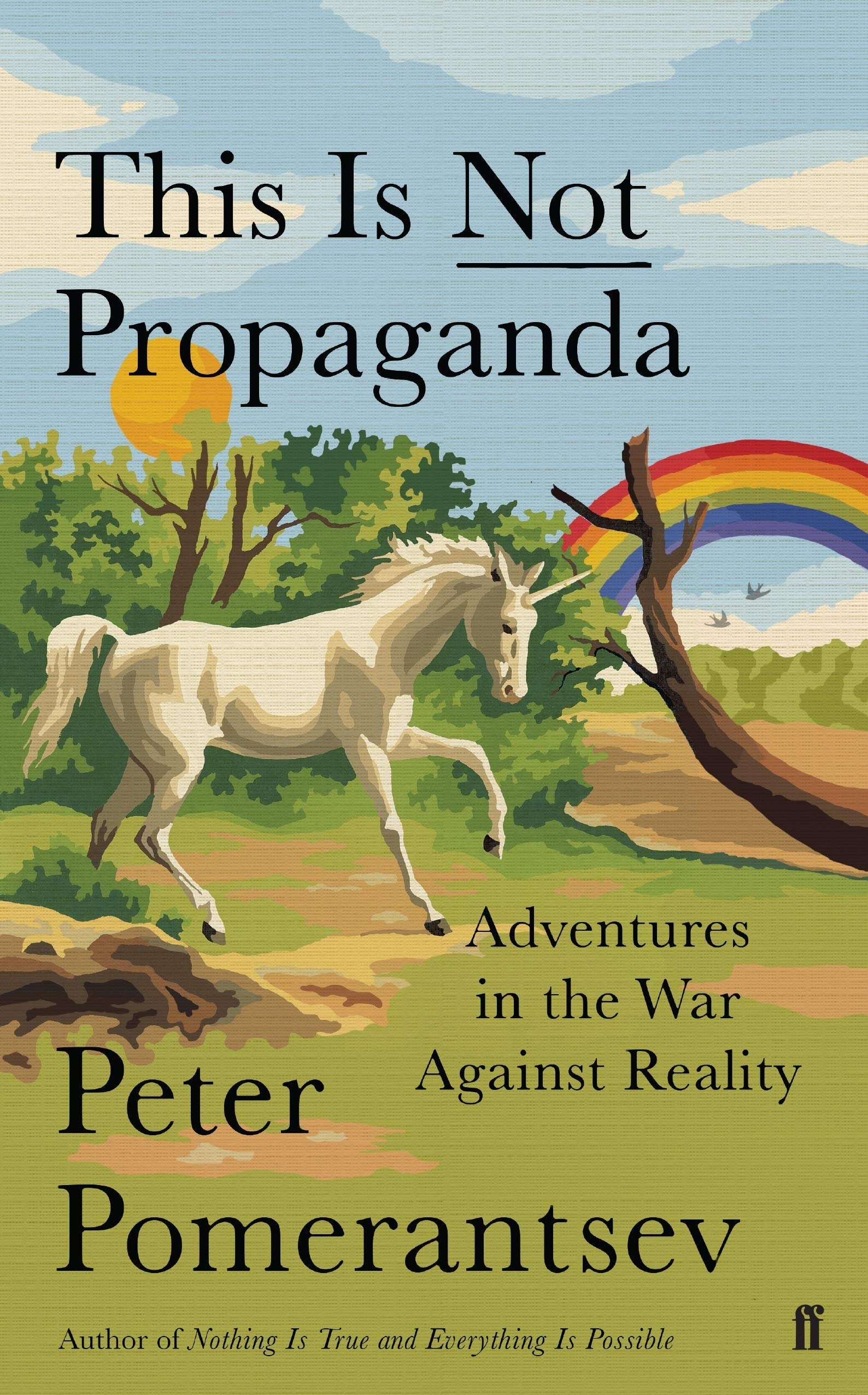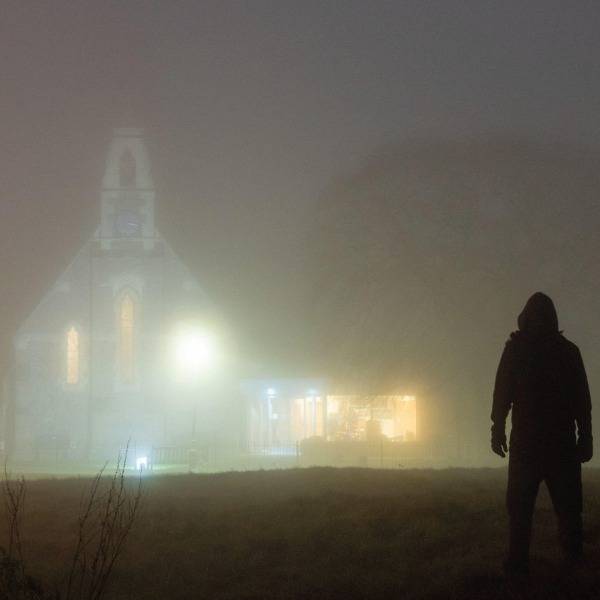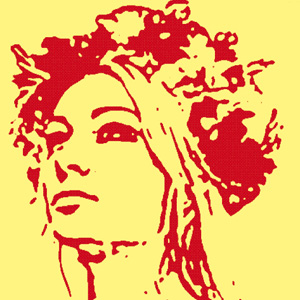
This article is a preview from the Winter 2019 edition of New Humanist
This Is Not Propaganda: Adventures in the War Against Reality By Peter Pomerantsev
In May 2016, Houston police were summoned to a minor uproar outside the city’s Islamic Da’wah Centre. A small rabble of malcontents brandishing Confederate flags and similar regalia sought to conduct a rally to “Stop Islamisation of Texas”. The event had been organised by a Facebook group called Heart of Texas, which had encouraged attendees to bring their (legal) firearms. Across the street, a counter-protest gathered, beneath the banner “Save Islamic Knowledge”. This demonstration had been convened by a Facebook group called United Muslims of America.
No blood was shed, happily, and only one arrest was made. It was not a big deal, and yet it may have been one of the most wretchedly symbolic events of our age. Neither Heart of Texas nor United Muslims of America exist, in any meaningful sense. The Facebook pages of both were eventually traced to troll factories in Russia. For a budget later estimated by one US senator at no more than $200, someone behind a laptop in St Petersburg had wasted Houston police time and resources worth vastly more than that, and deepened a political and religious divide a few inches further. Multiply this by who knows how many other disinformation campaigns conducted by Russia and others on social media in recent years, and you get a result very much like the world in which we are presently living.
There can be no more astute guide to this warped new reality than Peter Pomerantsev. He was born in what was then the Ukrainian Soviet Socialist Republic, and raised in West Germany and the UK, after his parents grew weary of constant harassment by the KGB (the book is part family memoir, reminding us that the author’s generation is not the first to struggle with similar issues). Pomerantsev’s justly garlanded 2015 book Nothing Is True and Everything Is Possible was a bleakly funny wander through the hall of mirrors that was Russia’s media landscape in the first decade of this century. This Is Not Propaganda is a sequel, of sorts, illustrating the alarming degree to which Russia’s wilfully deranged media has not merely acquired an international audience but has begun to influence opportunists elsewhere.
Pomerantsev visits a diverse array of physical locations around the world: the Phillipines, Serbia, Ukraine, Mexico, Russia (inevitably), among others. As the book demonstrates, people in these disparate locations – and all the rest of us – are living increasingly in a virtual world governed neither by borders nor, to a large extent, by law or even reason. Governments, media outlets and individuals who understand that people will believe what they wish to believe, and who have no scruples about leveraging this weakness, have been issued a license to do as they please.
As Pomerantsev ably demonstrates, this has prompted myriad inversions of the traditional arrangement of horse and cart. Disinformation campaigns were once employed in the service of military operations. Now, military operations are launched as cover for disinformation campaigns: of the conflict in the portions of Ukraine occupied by Russia, Pomerantsev notes that “What actually happened on the ground was almost irrelevant; the two governments just needed enough footage to back their respective stories.” Conspiracy theories were once nurtured to maintain power over spooked populations. They are now an ideology in themselves, and an appealing one – “if all the world is a conspiracy,” as Pomerantsev correctly notes, “then your own failures are no longer all your fault.”
This Is Not Propaganda is as cunningly titled as it is convincingly written. Indeed, the reader becomes vaguely nostalgic for the actual propaganda of the Cold War, which was at least underpinned by ideological coherence. The point of modern disinformation, as Pomerantsev diagnoses it, is not to persuade anyone to believe anything, but to persuade everyone to believe nothing, reducing communities and democracies to rancorous nihilism. It is a sobering portrait of where we are now: a crowded theatre in which no sense can be made of the production on the stage, with stalls full of people all shouting “Fire!”

